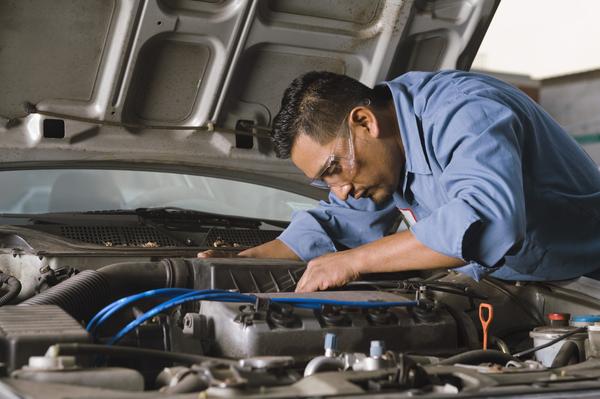
Having a car gives you some kind of comfort, freedom and independence. This, of course, has its price – the price being all expense you have due to the fact you own a car.
Cutting down car related expenses starts with the day you decide to buy a new car, regardless it being your first one or you are just replacing your old one.
Don’t be foolish and naive and buy a car at the first car dealer you’ve found. Search around and find the best deal for you and your budget. Buying and leasing prices may be significantly different from one dealer to another. Try to negotiate with the dealer and have deal tailored especially for you.
Every dealer will offer you some of the accessories and upgrades for the new car. Best advice you can get is to skip this, and equip and upgrade your car with after-market products. You can save up to 50% on buying the after-market product.
Instead of buying a brand new car think of buying pre-owned one. The second the car is driven off the car lot it loses up to 20% of its value. An average car value loss is between 15 and 20 percent of its value per year. Ask dealers if they offer such cars. Buying a pre-owned car may save you a few thousand. You should be given some kind of extended warranty for this kind of car, of course.
Choose the car that will fulfill most of your needs. Having a nice and shiny SUV is nice but if you’ll only drive it a few miles every day – it’s an unnecessary expense. Instead, you can buy a small city car which will cost you significantly less (up to 20 grand), and you will save extra money on fuel and required maintenance.
Insurance is the important part of your overall car expenses. Consider a few insurance policies and find the one that best suits you, and the one you can afford. Think long-term when choosing insurance policy.
Car maintenance expenses should not be forgotten, as well.
Fuel consumption is the most important factor that should be considered when choosing the right car. It depends on many factors.
- One is the way the car is exploited. Highest fuel consumption is when you use a car for driving through the city because of frequent starts and stops. Lowest fuel consumption is declared for highway drives. If you use your car mostly for driving in the city it means you don’t travel long and comfort isn’t a deal-breaker, so you can choose one of the small city cars. But if you use highway frequently, it means that you travel a lot, and in that case – a bigger car is right one for you. It is comfortable and low on fuel consumption.
- The way you drive also has an influence on fuel consumption. If you like the way your car sounds and accelerates when you press a gas pedal fully, be prepared to pay the price for the fuel. Smooth driving may not give you the adrenaline rush, but it will save you the money.
- Some maintenance work has to be done on a car after a certain amount of miles. It is very important to go with the manufacturer specifications. For example, the oil filter and oil itself should be replaced after 7.000 miles or once a year. If you prolong that you may save a few bucks, but as a consequence you may have your car’s engine damaged and repairing it will cost you a lot more than you thought you’d saved.
- Surely, your car looks nicer with large (16-20”) alloy rims, but this has a direct influence on the type of tires you should have. Considering that nowadays you have a huge amount of options for choosing the type of a rim and tire, find the solution that is optimal for car use that you prefer.
- Depending on the region you live, you may need two types of tires: one for the snowy and mud conditions, and one for summer use. Speaking of tires, you should know that a tire condition and pressure has direct influence on fuel consumption, so check it regularly and adjust it according to the manufacturer’s specification.
There are lots of other ways to save your money by cutting down car expenses, really. The key is to choose the car that will fulfill most of your needs. Also, to drive it and do maintenance rules according to the manufacturer specification.




